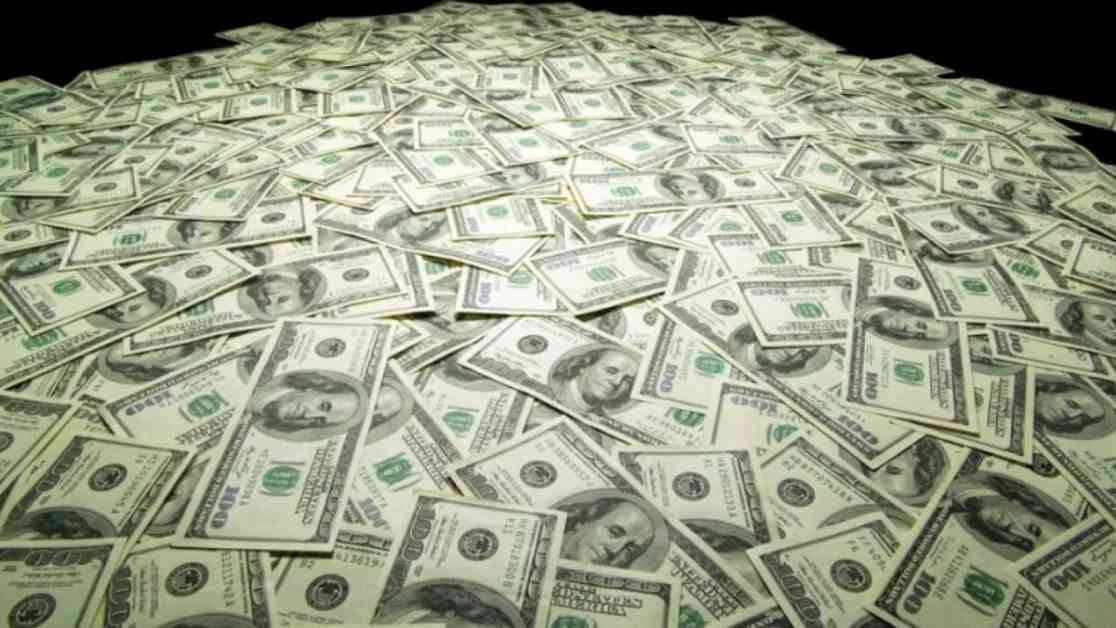A grassroots movement is urging Americans to participate in a 24-hour spending boycott on Friday as a form of “economic resistance.” The People’s Union USA, the organization spearheading this initiative, is calling for this economic blackout to highlight the detrimental influence of billionaires, major corporations, and political parties on the lives of the working class. This movement, led by John Schwarz, a meditation teacher from Chicago, advocates for a united stance against economic inequality.
Boycott Details and Impact
The economic blackout is scheduled to start at midnight on Friday and last until 11:59 p.m. EST. Participants are encouraged to abstain from all purchases, focusing particularly on avoiding big retailers and chains. The People’s Union USA also plans to extend this boycott to specific companies like Walmart, Amazon, Nestle, and General Mills. By promoting conscious consumer decisions, the organization aims to send a powerful message to corporations about the importance of diversity, equity, and inclusion initiatives.
Experts believe that while this boycott may cause a slight dent in sales for some retailers, the overall impact might be limited. Marshal Cohen, a chief retail advisor, acknowledges that in today’s economic climate, where inflation concerns and tariff threats loom large, retailers are facing increased pressure. However, he suggests that any substantial sales decline may be more pronounced in liberal-leaning regions and urban centers.
Historical Context and Effectiveness
Past boycotts targeting companies like Target and Goya Foods have yielded mixed results. While Target experienced a sales drop after facing backlash for its treatment of LGBTQ+ communities, Goya Foods saw a temporary boost in sales after a publicized controversy involving the company’s CEO and Trump. Marketing professor Anna Tuchman notes that these short-term fluctuations may not always translate into sustained economic impact.
Tuchman’s research also highlights the case of Bud Light, which faced a sales decline after a public relations misstep, demonstrating the potential long-term consequences of consumer sentiment. As different boycotts reveal varying outcomes, the effectiveness of the People’s Union USA’s economic blackout remains to be seen. However, experts and activists alike agree that such movements provide an opportunity for consumers to voice their concerns and influence corporate behavior, even if the impact is temporary.
Afya Evans, a political consultant, sees value in participating in the boycott to support small businesses and Black-owned brands. She emphasizes the importance of collective action to gauge the economic impact and spark meaningful change. By engaging in events like the 24-hour spending boycott, individuals can leverage their purchasing power to advocate for social causes and hold corporations accountable.
As the economic blackout unfolds, the broader implications of consumer activism on corporate practices will be closely monitored. While the immediate effects may vary, the underlying message of solidarity and social responsibility resonates with a growing segment of the population. Whether this movement leads to lasting change or serves as a momentary statement, the power of collective action in shaping economic narratives cannot be underestimated. Let’s see how this unfolds and what lessons can be gleaned from this unique form of economic protest.












